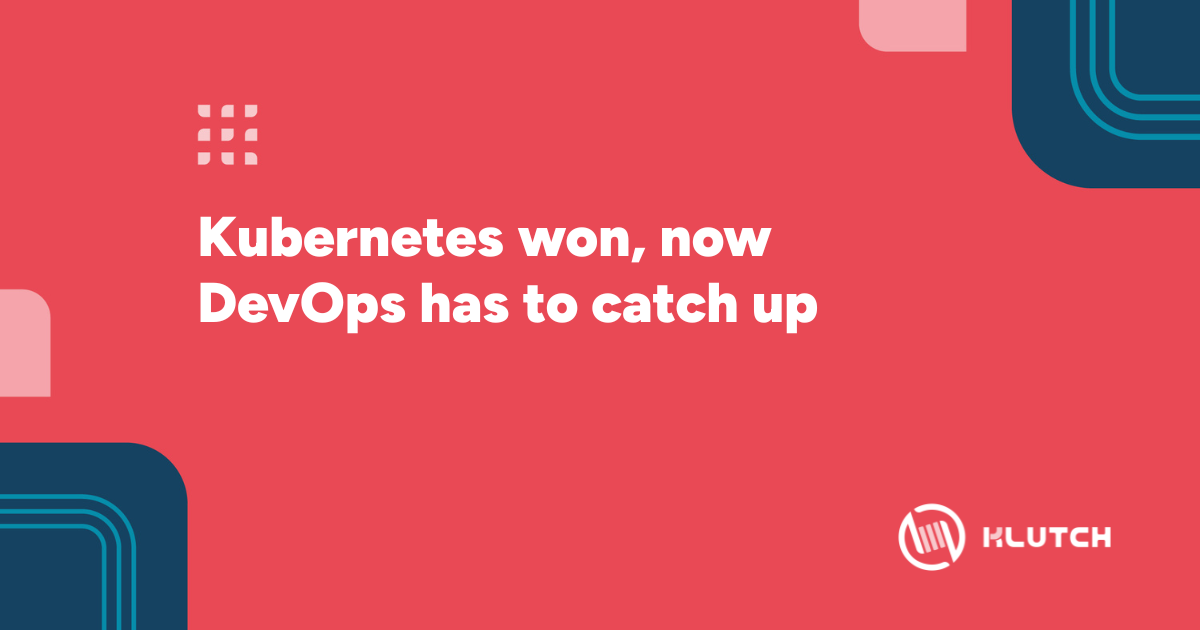Kubernetes won, but developer workflows didn’t: what comes next for DevOps

When Kubernetes first entered the enterprise, it promised a unified way to run workloads anywhere. And it delivered! Today, nearly every modern engineering organization uses Kubernetes in some form, and according to DZone’s 2025 Kubernetes in the Enterprise Trend Report, adoption rates continue to climb across industries.
But while Kubernetes standardized how we deploy and scale applications, it didn’t solve how developers work with it. For DevOps and platform engineers, that’s where the real challenge lies.
The developer workflow gap
In practice, Kubernetes has fragmented more than it has simplified. The ecosystem is vast — hundreds of operators, provisioning tools, and cloud services, each solving a specific problem but rarely fitting together cleanly.
Developers still face friction when requesting resources, setting up environments, or provisioning databases. Platform teams still spend too much time managing operators, manifests, and credentials across clusters. What was meant to accelerate delivery often slows it down with operational overhead and inconsistent workflows.
As Utobong Frankson, Product Owner for Klutch at anynines, writes in the report:
“Kubernetes promises agility, but without the right abstractions—self-service, policy-backed APIs that standardize how teams request, operate, and observe data services—many end up managing endless configs instead of building software.”
This is the tension at the heart of Kubernetes maturity. The technology works, but the workflows often don’t.
The platform engineering shift
The organizations making progress have realized that fixing this gap isn’t about more tools, it’s about abstraction and automation. That’s where platform engineering comes in.
By creating internal platforms that sit between developers and raw infrastructure, DevOps teams can turn complexity into consistency. Developers declare what they need (e.g., a PostgreSQL instance), while the platform handles the details: provisioning, policy, backups, and lifecycle management.
This model reduces manual work, enforces governance by design, and finally allows Kubernetes to deliver on its original promise: agility at scale without sacrificing control.
Why data services are the last frontier
For all Kubernetes has achieved with stateless workloads, stateful services (databases, message queues, caches, etc.) remain the hardest part of the puzzle.
Each organization handles data differently: operators in one cluster, managed DBaaS in another, VM-based automation elsewhere. This patchwork forces DevOps teams back into manual workflows for something as routine as a database request.
And that’s where Klutch enters the conversation.
Klutch: unifying data service management
Klutch is an open-source control plane designed to standardize database provisioning and lifecycle management across both VM- and container-based environments.
Rather than replacing operators or cloud services, Klutch provides the missing abstraction layer—a consistent interface that lets platform teams unify how data services are requested, deployed, and governed across diverse infrastructure.
For developers, it means faster, more reliable access to the data services they need. For DevOps and platform engineers, it means fewer custom scripts, fewer one-off integrations, and a clear path toward workflow standardization.
As Kubernetes adoption deepens, the organizations that succeed won’t be those running the most clusters; they’ll be the ones who simplify how developers interact with them.
The road ahead
Kubernetes won the orchestration war. Now, the focus shifts to how teams build on top of it. Platform engineering, self-service APIs, and unified data service management are becoming essential for delivering the next generation of developer experience.
As Utobong’s editorial puts it, the goal isn’t to make Kubernetes invisible, it’s to make it usable.
At Klutch, that’s our mission: to help DevOps teams abstract complexity, automate consistency, and close the gap between platform potential and developer reality.
Read the full editorial from our product owner — “Kubernetes Won; Developer Workflows Didn’t. Here’s the Fix.” inside the 2025 Kubernetes in the Enterprise Trend Report.